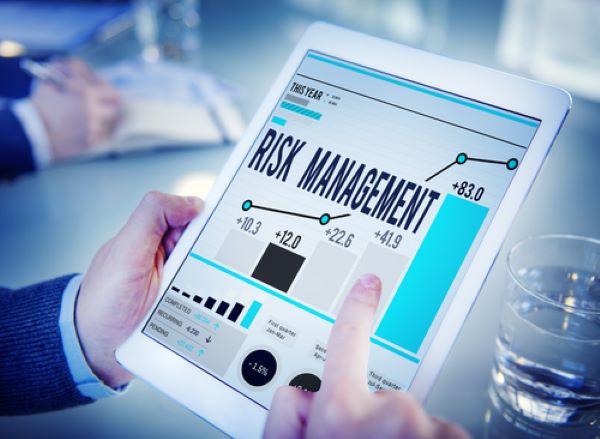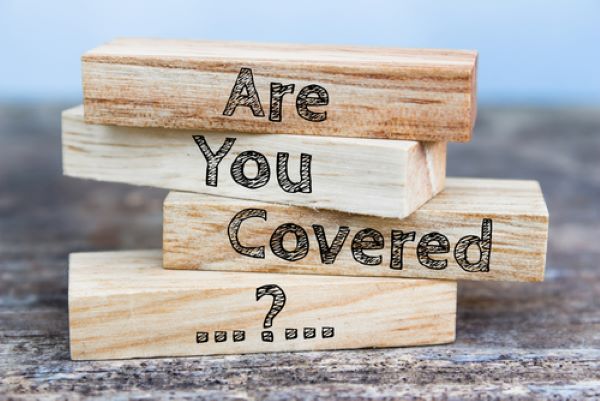What Is Commercial Insurance Coverage?
If you’re a small, medium-sized, or large business owner, we bet you’re no stranger to the potential pitfalls that come with running your own show. From the looming threat of lawsuits to the unpredictable havoc of natural disasters or accidents, the risks can keep you on your toes.
What Should Not Be a Part of a Risk Management Plan?
Effective risk management is crucial for businesses and corporations to safeguard their operations against potential threats. A comprehensive risk management plan can help companies prevent or minimize financial losses, reputational damage, and legal issues. However, there are certain elements that should not be included in a risk management plan.
When Should You Use Personal Insurance vs. Commercial Insurance
If you’re an entrepreneur or a freelancer, then you know that managing risk is an important aspect of running a business, and one component of risk management is insurance. However, determining the appropriate type of insurance coverage can be quite an undertaking if you’re new to managing risk. This is especially true for entrepreneurs and freelancers who work from home and often use personal items for work-related tasks. It can be challenging to discern if additional commercial insurance coverage is necessary beyond personal insurance policies.
Why Risk Management Is Important
Like everything else in life, running a business comes with risks. Risk management is a crucial aspect of any successful organization, yet many make the mistake of not taking it seriously. Businesses that take a passive approach to risk management, whereby potential risks are ignored or deemed insignificant, are at great risk in the event of an actual disaster.
When Is Commercial Auto Insurance Required?
Operating a business can be stressful—as a business owner, you have a lot to be responsible for, whether it be the daily business operations or protecting your business from financial loss. One way you can safeguard your business is by purchasing commercial auto insurance, which is a crucial form of insurance for business owners who use vehicles as part of their daily operations
What Flood Insurance Does Not Cover
Did you know that damage caused by floods is typically not covered under most standard homeowners insurance policies? In fact, if you reside in an area with a high risk of flooding, your mortgage lender will likely require you to purchase flood insurance through FEMA’s National Flood Insurance Program (NFIP) and associated programs provided by your insurance professional. However, it’s worth noting that over 20% of flood insurance claims come from areas that are not considered high-risk for flooding, which is why it’s recommended that homeowners consider obtaining coverage regardless of their location.
Car Insurance 101: Terms You Need to Know
In 2019, over half of the 12.15 million vehicles involved in collisions in the U.S. were passenger cars. When it comes to car insurance, it can be overwhelming to find the right policy to suit your needs, as there are many different terms to get familiar with. In this article, we’ll review 10 important terms you should know before signing up for a car insurance policy.
Mastering the Fundamentals: Understanding the Four Concepts of Effective Risk Management
Understanding the four core concepts is crucial for effective risk management, which is a critical component of any organization’s success. These include identifying, evaluating, prioritizing, and controlling risks. These steps support businesses in locating potential risks, evaluating their effects, prioritizing their efforts, and taking the necessary measures to mitigate them. Understanding these ideas can help safeguard an organization’s assets.
Why Is Life Insurance Important for the Self-Employed?
You may not realize it, but life insurance is an important part of being self-employed. Without it, your death could result in more than just the emotional toll it will take on those left behind. Here are a few reasons you should consider buying a policy.
Top Tips to Protect Your Business from Common Liability Risks
Running a business comes with its own risks. Read on to learn how you can protect your business from the liabilities that may arise from such risks.









